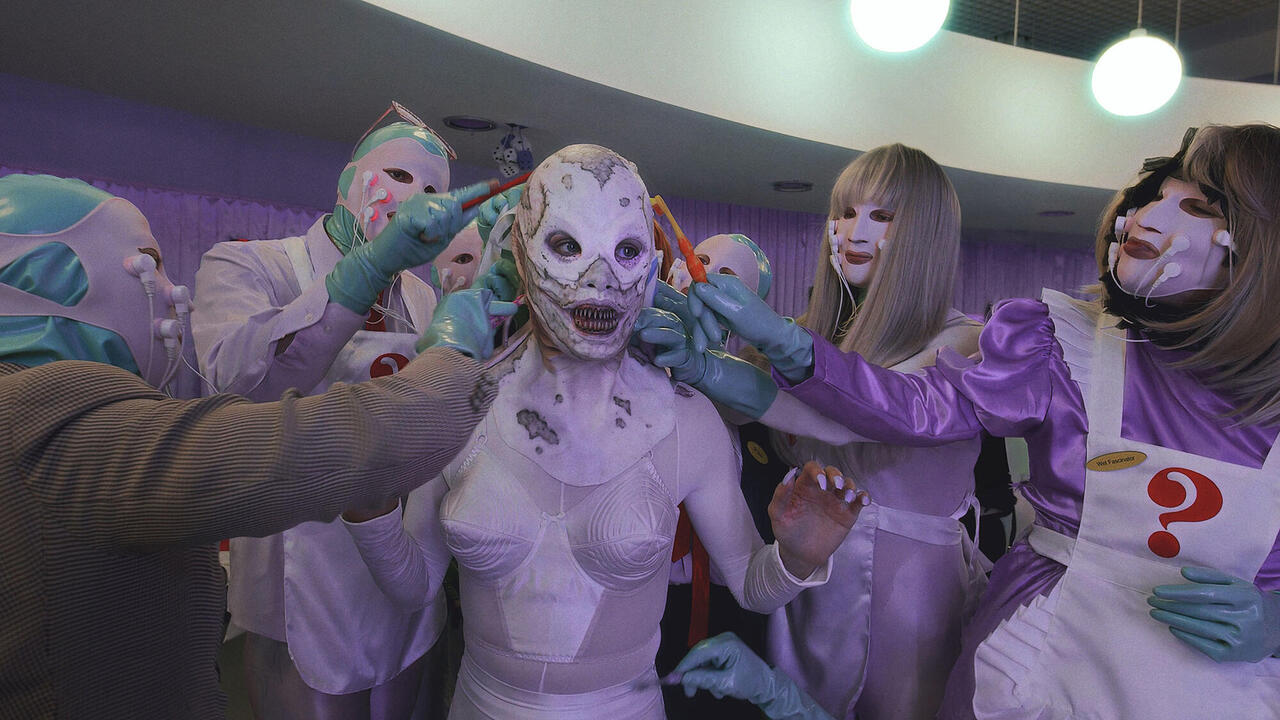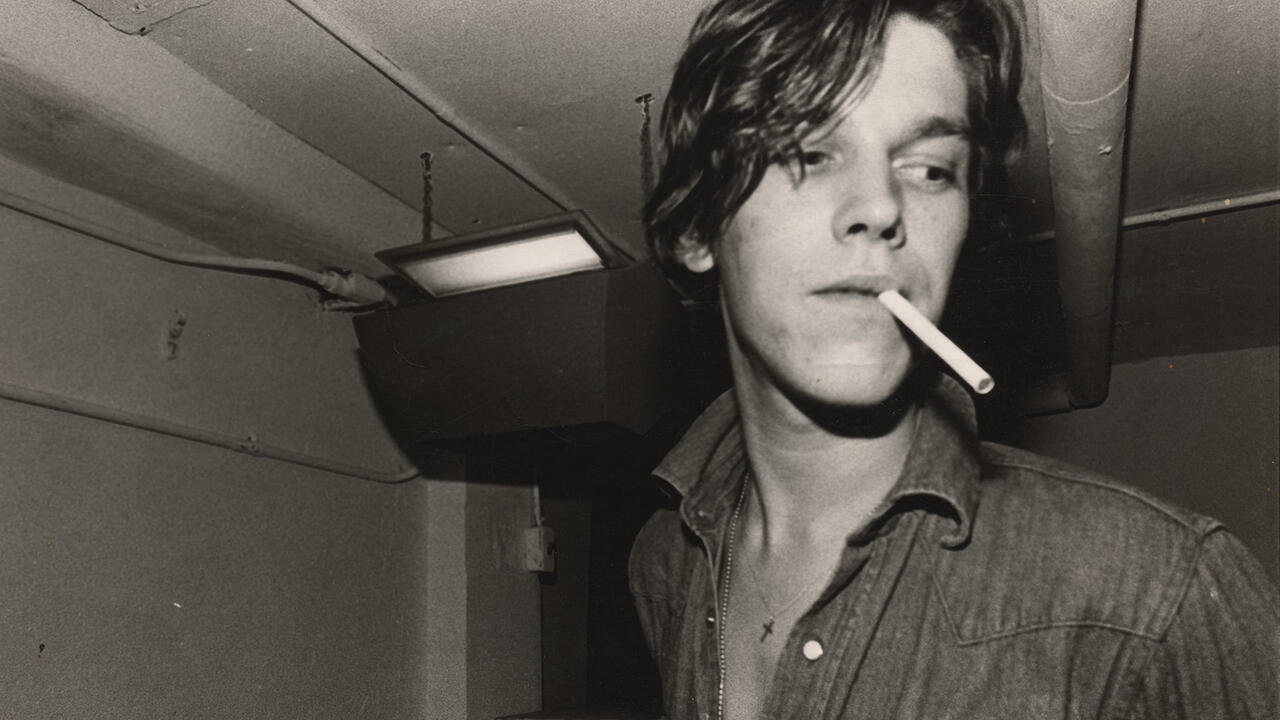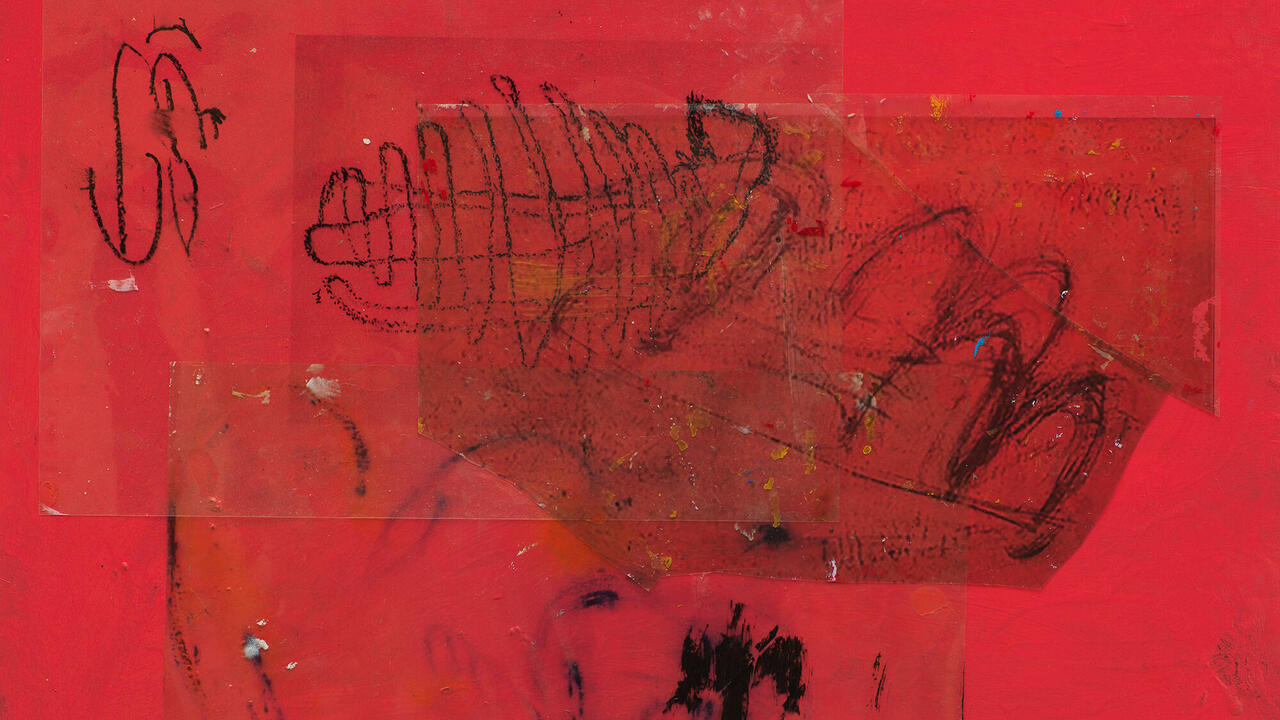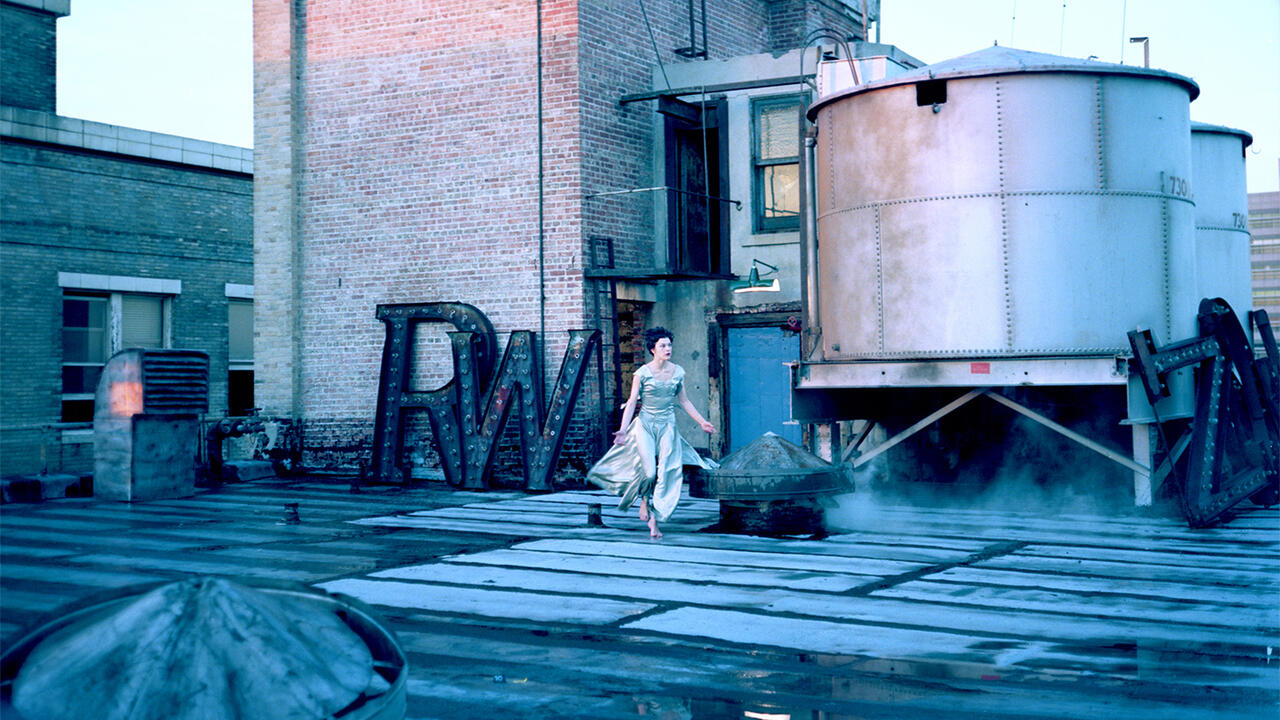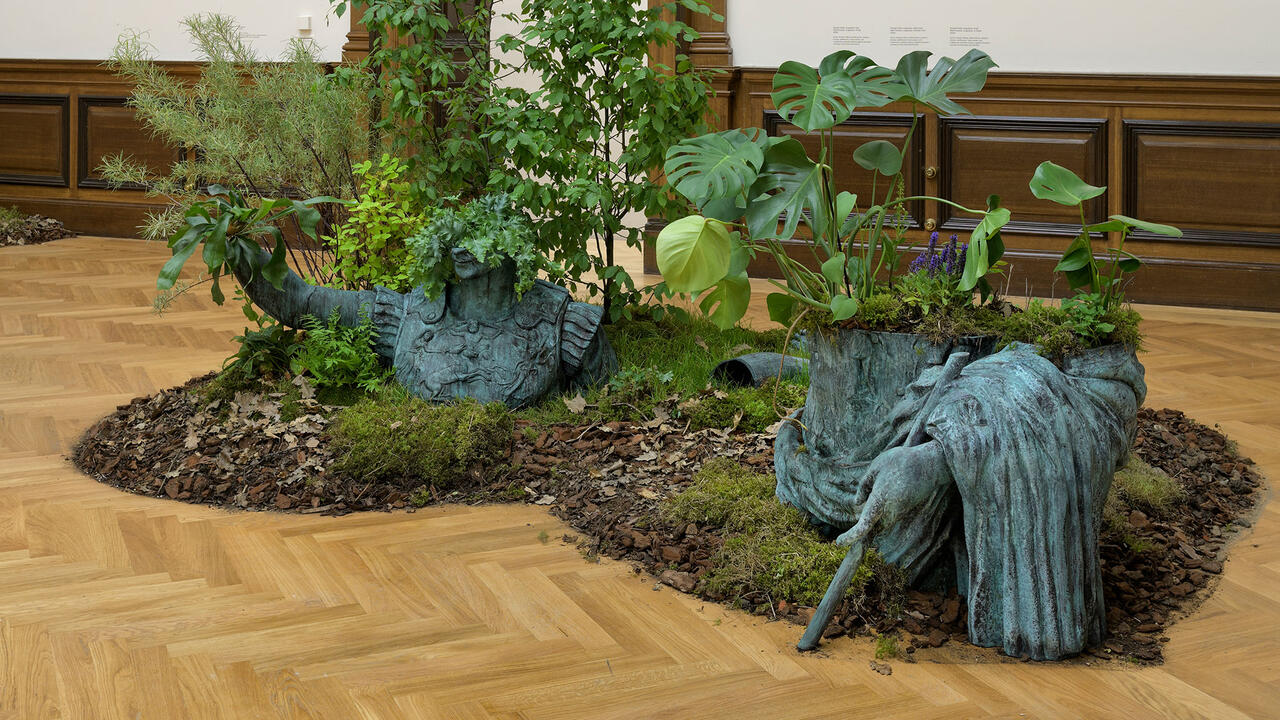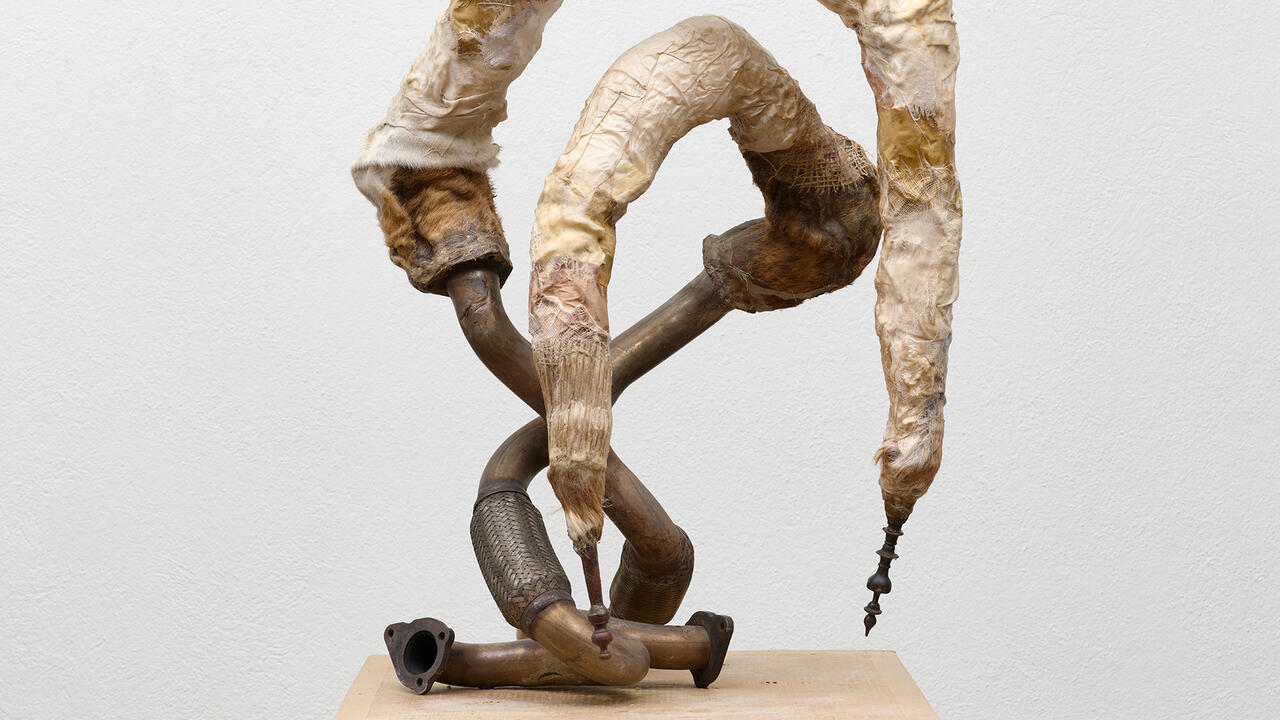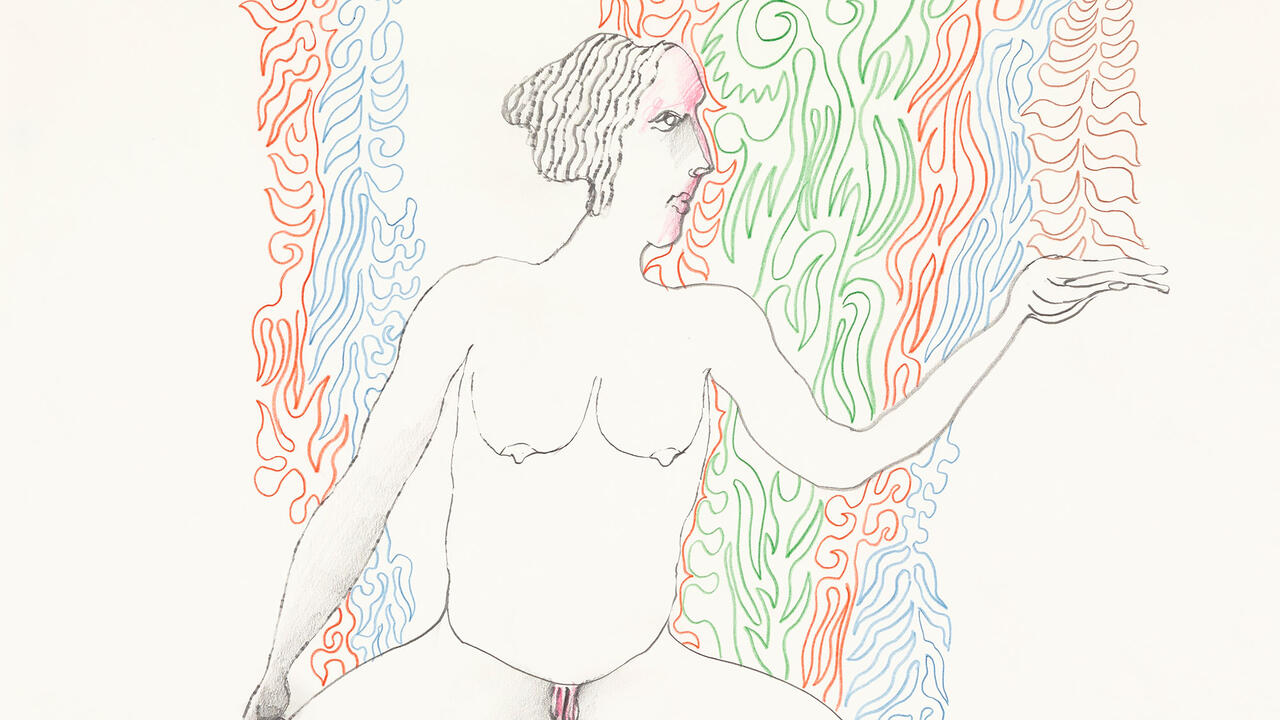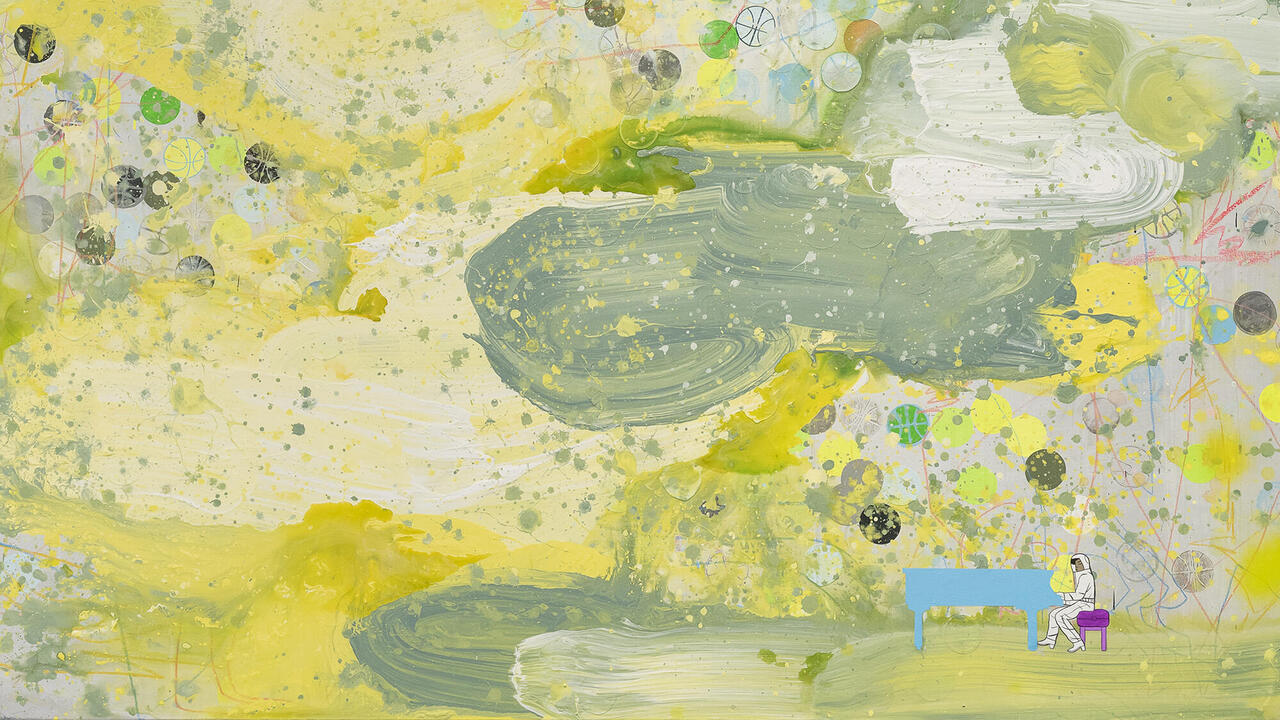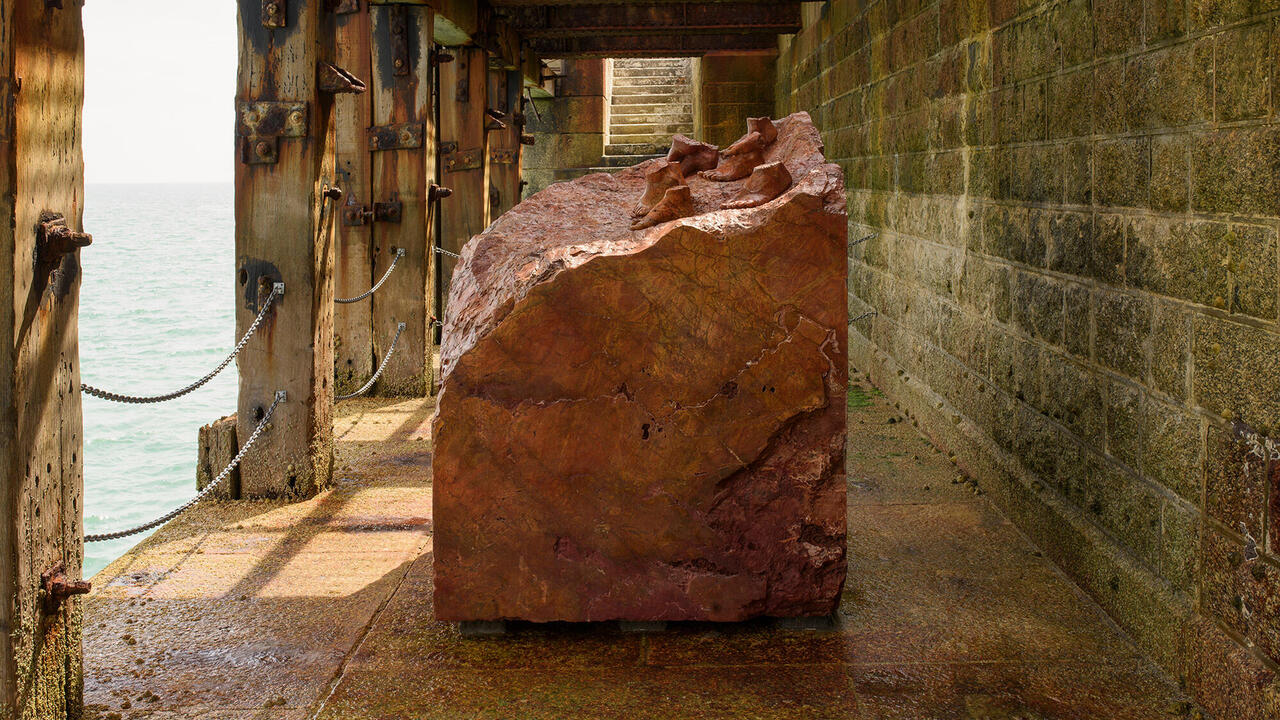Zhanna Kadyrova’s Installations Counter Russian Aggression
At Galerie Rudolfinum, Prague, the artist offers a bitter comment on the way that the ongoing violence in Ukraine has been normalized over time
At Galerie Rudolfinum, Prague, the artist offers a bitter comment on the way that the ongoing violence in Ukraine has been normalized over time

What is art’s role in a country that finds itself at war? It’s a question that Ukrainian artist Zhanna Kadyrova was forced to ask herself on 24 February 2022, after she was woken by bombs falling on her hometown of Kyiv. Relocating to Berezovo, a village in the Carpathian Mountains, she came across stones in the local river that resembled loaves and had the idea of cutting them into slices and offering them for sale to aid the war effort. The result was Palianytsia (Bread, 2022), an installation she has since presented at various locations, not only to raise global awareness of the war in Ukraine, but also to generate funds to support artists and musicians fighting on the front. The work is intended as a counter-gesture to Russian aggression – referring to the old Ukrainian tradition of welcoming guests with bread – and a provocation: since native Russian speakers can only say palianytsia with an accent, the word serves to identify potential Russian infiltrators.

Palianytsia is currently on view as part of Kadyrova’s solo exhibition at Galerie Rudolfinum in Prague, curated by Björn Geldhof, artistic director of the PinchukArtCentre in Kyiv. The show’s title, ‘Unexpected’, ironically alludes to a surprise – as if the likelihood of an invasion hadn’t been obvious to those paying attention. The installation in the first room, from the artist’s 2023 series ‘Harmless War’, is a bitter comment on the way that the ongoing violence in Ukraine has been normalized over time. War is never harmless, however, as the shrapnel-pitted doors, roof panels and cladding from bombed houses that Kadyrova collected for this piece attested. Cut up and painted white, this debris is fashioned by the artist into sculptures that deliberately allude to abstract minimalism. In doing so, Kadyrova plays with the contradiction between the tragedies inscribed within the objects and their harmless appearance, questioning art’s continuing preoccupation with form in view of the human suffering in Ukraine and across the globe.

The series ‘Data Extraction’ (2023) also toys with this clash between seemingly harmless forms and what those forms bear witness to: the wall-mounted objects that resemble abstract paintings are, in fact, sections of asphalt cut out from the city streets of Irpin, where 290 civilians were murdered by Russian troops during their one-month occupation at the beginning of the war. These works are followed, in the show’s central room, by House of Culture (2023), a hut-like structure made using wood and rubble from the ruins of Kherson – the first major Ukrainian city to be captured by Russia in 2022 – illuminated within by a baroque chandelier from the former House of Culture in Beryslav. In the next room, hung side by side, a series of screens show generated footage of military missiles flying over cities including Amsterdam and Prague (Russian Rocket, 2022–23). By suggesting these locations could be next, Kadyrova clearly hopes to induce both understanding and support from her NATO-aligned, Czech audience.

For all the destruction on display – including the rubble and charred bricks from which the artist has formed a Ukraine-shaped wall (Untitled [Ukraine], 2014–23) – ‘Unexpected’ isn’t entirely without hope. The final two rooms contain Refugees (2022–24), an installation of pot plants Kadyrova collected from destroyed buildings in Kyiv, alongside photographs of them taken in situ. Left behind by their fleeing owners, these plants survived against the odds and have continued to flourish under the artist’s – and now the museum’s – guardianship. Standing for resilience and the importance of mutual aid in times of crisis, Refugees embodies Kadyrova’s conceptually inspired approach to visualizing the horrors of war without resorting to graphic and dehumanizing imagery.
Zhanna Kadyrova’s ‘Unexpected’ is on view at Galerie Rudolfinum, Prague, until 30 June











